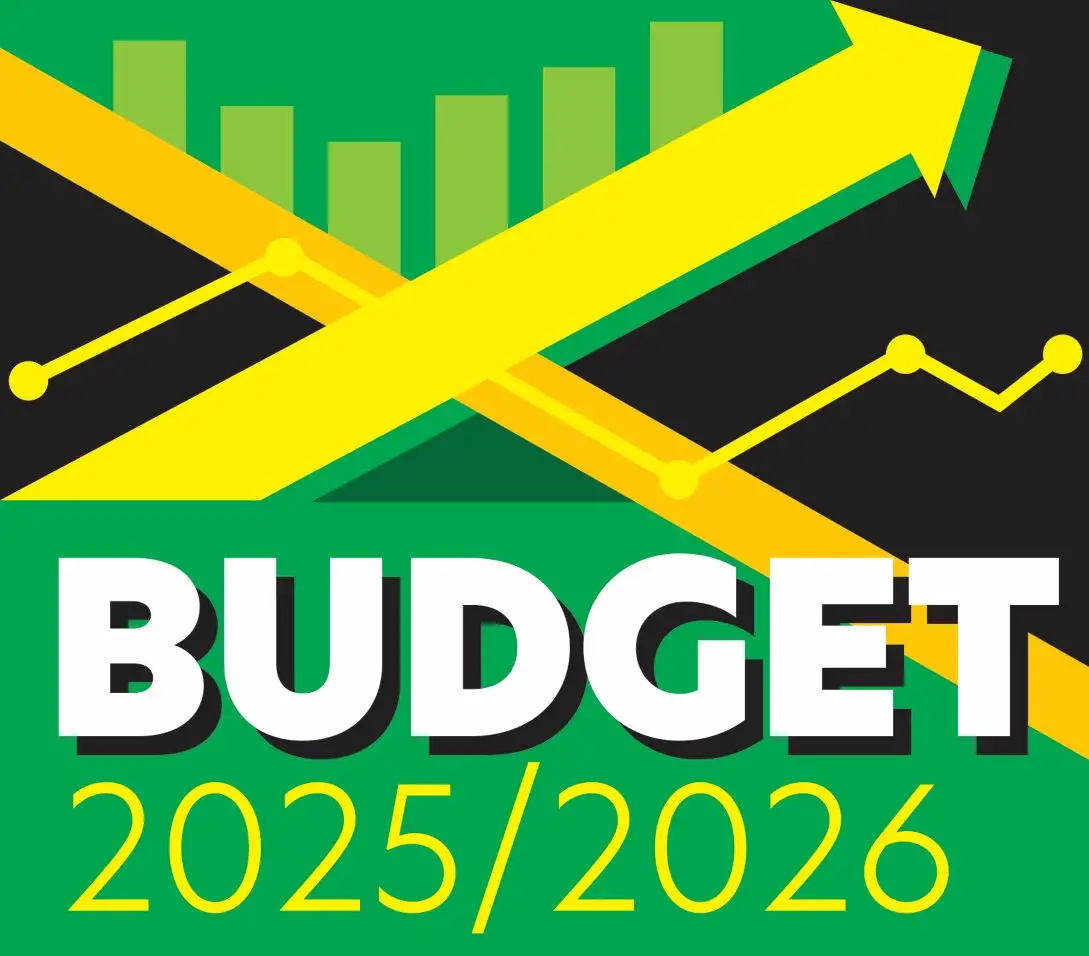
No gimmicks, but big gaps
Economist Damien King dissects election-year budget
Jamaica’s tax system is built on a troubling illusion — only a fraction of workers are actually contributing, and yet revenue expectations remain unrealistically high. That was the blunt assessment by economist Dr Damien King at the Caribbean Policy Research Institute (CAPRI) annual budget breakdown event last Thursday.
King laid bare the structural flaws in the country’s tax base, revealing that fewer than 15 per cent of employed Jamaicans effectively carry the weight of income tax. And yet, despite growing burdens on this narrow slice of workers, real government revenue is projected to fall for the first time since the COVID-19 pandemic, raising difficult questions about how the Government can fund key services.
“We keep talking about income tax revenue, but the truth is, Jamaica barely has an income tax system,” said King. “Half of the employed labour force has no tax footprint at all. The ones paying are the few who show up in the formal system.”
With roughly 1.4 million employed people, only about 700,000 are registered with Tax Administration Jamaica in any form, and of that group, just 30 per cent earn above the income tax threshold. When adjusted for the full labour force, King said, the effective share of income tax payers drops to 15 per cent or less. And some of those, he added, are likely under-declaring income earned outside their primary jobs.
This, he argued, makes the current system fundamentally inequitable, vertically fair in theory (where higher earners pay more) but horizontally broken.
“Because all of these people are paying income taxes, and all of these people are paying approximately zero, we call this a horizontal inequity, because the lines go horizontally,” he said.
While the Government plans to raise the income tax threshold to $1.8 million this year and promises future increases in line with inflation, King challenged the logic.
“As you can see, it’s only the top, currently 30 per cent, who are going to benefit from that. You give up a lot of revenue, and all the benefit goes to the top 30 per cent, to the ones who are relatively well-off in the society. That doesn’t look like a sensible thing to do,” he said.
King, who has been a frequent commentator on fiscal policy, noted that the 2024/25 budget — unlike many in election years — contained no flashy giveaways or vote-grabbing gimmicks.
“I waited for the economically reckless announcement. It never came. Apparently, nobody’s running with it,” he quipped. Overall, he described the budget as credible and sustainable, noting that it reflects a path the country can maintain without jeopardising fiscal stability.
Still, he warned that the budget masks deeper concerns. Adjusted for inflation, government revenues are expected to purchase less this year than last. Allocations for national security, social services, and economic growth will all decline in real terms.
“This is the first contraction in real revenue since the pandemic,” he said. And it’s happening without a recession.
Perhaps most concerning is the Government’s increasing reliance on income taxes. Over the past five years, their share of total revenue has jumped from 24 to 31 per cent. King argued this growing dependence on a small number of taxpayers presents long-term risks.
“It makes a difference to your economy where the taxes are coming from,” he said.
bbbbbbbbbbbbbbbbbbbbbbbbbbbbbbbbbbbbbbbbbbbbbbbbbbbbbbbbbbbbbbbbbbbbbbbbbbbbbbbbbbbbbbbbbbbbbbbbbbbbbbbbbbbbbbbbbbbbbbbbbbbbbbbbbbbbbbbbbbbbbbbbbbbbbbbbbbbbbbbbbbbbbbbbbbbbbbbbbbbbbbbbbbbbbb
Similarly, reforms to the National Housing Trust (NHT), including lower interest rates and higher loan limits, will likely benefit middle-income earners more than the truly poor.
“You’re increasing subsidies for people who can already qualify. That’s not equity — it’s widening the divide,” he argued.
King’s sharpest critique was reserved for the planned revision of the Income Tax Relief Act, which is designed to boost private sector investment by offering tax breaks.
“If a business needs to avoid paying taxes just to survive, then that business should not exist,” he said. He questioned why the Government would “raise the cost of doing business for everybody else in order to subsidise particular activities.”
CAPRI, through King’s analysis, urges the Government to stay focused on reducing public debt — now projected to reach 64 per cent of gross domestic product — and to resist the temptation of short-term spending.
“Jamaica is inherently a country in a vulnerable position… It needs to have a big cushion of protection,” he said.
CAPRI also recommends rebalancing the tax system by reducing reliance on income taxes and broadening the tax base, while warning against tax relief as an economic strategy.

























